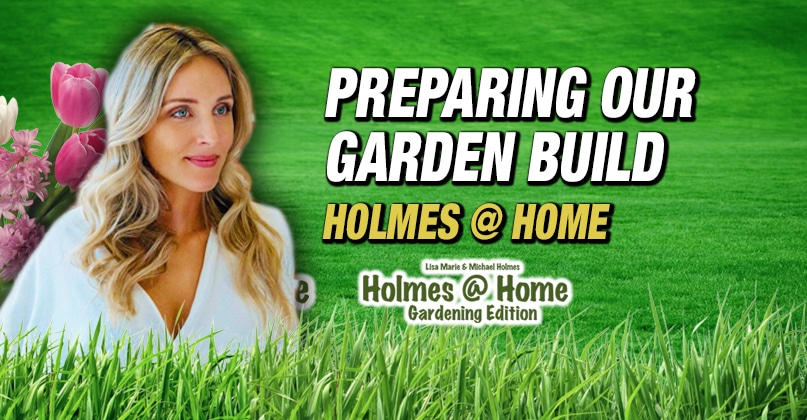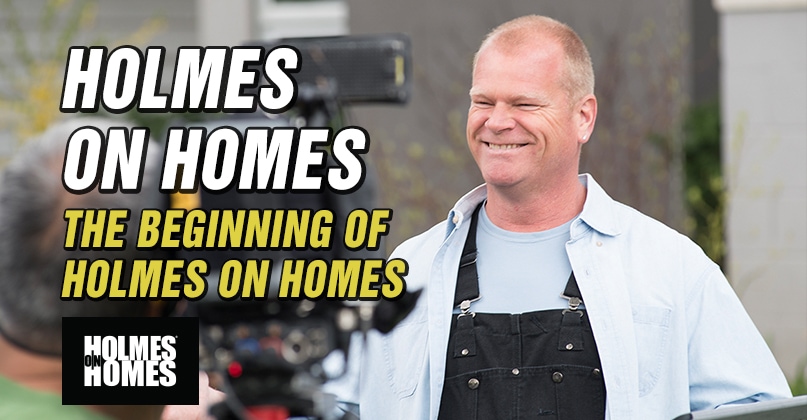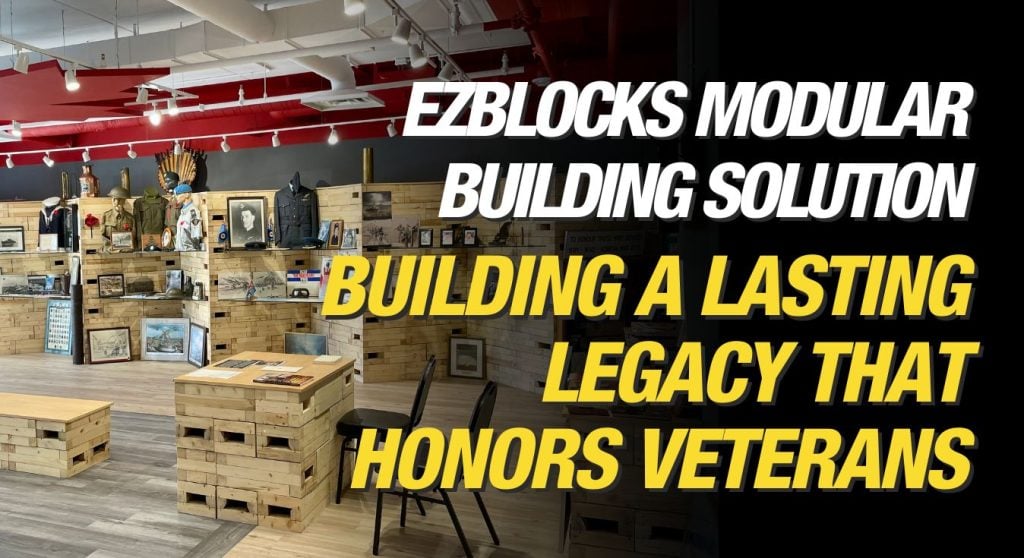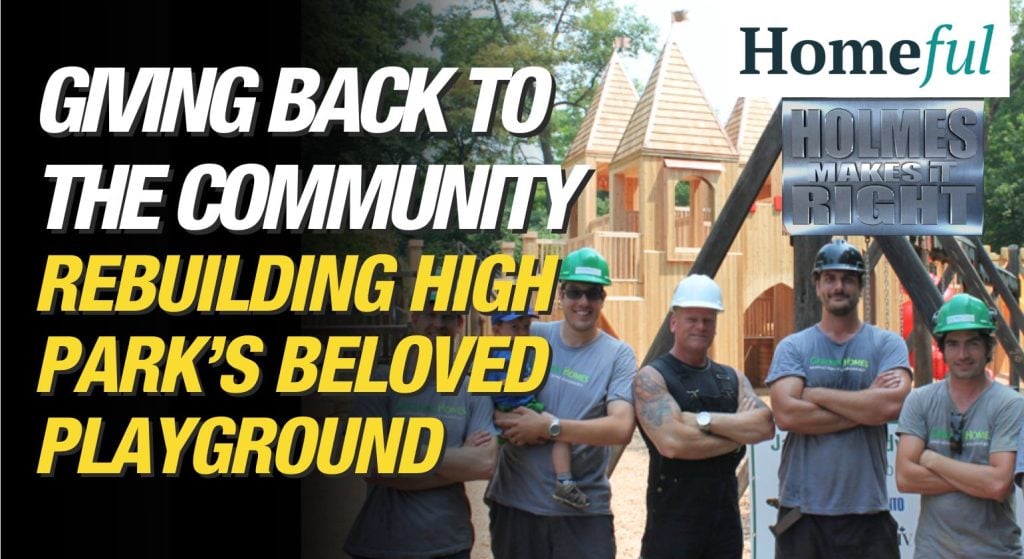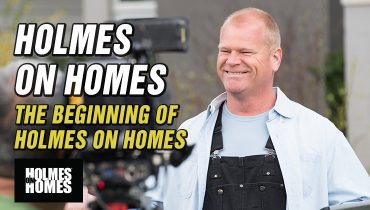When it’s time to replace your HVAC system, you have several options, each with its own benefits. Choosing the right HVAC system depends on your home’s size, climate, energy needs,...
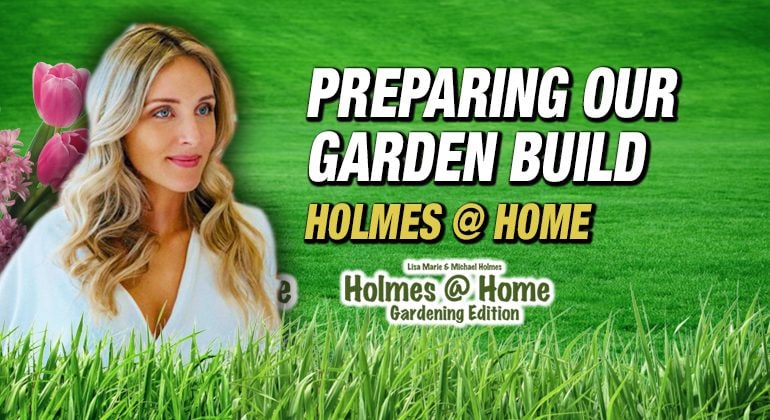
Preparing Our Garden Build: Holmes At Home
By
Mike’s Advice / Lifestyle
Monday, July 27th, 2020 @ 12:51pm
Our indoor prep consisted of seed planting in mid March.
TIP:
Find out when your last frost date is and plant your seeds indoors accordingly. The Farmers Almanac is a wonderful resource to turn to if you are interested in learning when your last frost date is. It all depends on what zone you live in.
Once your last frost date has passed, it is safe for you to transfer your plants outdoors after a period of hardening your plants.

Our outdoor prep consisted of choosing the garden location, measuring the proposed garden bed sizes, and then ordering materials.
TIP:
When choosing your garden location, remember you want a location that receives full sun. Full sun is defined by 6 or more hours of sunlight. Partial sun is 4 hours of sunlight. The optimal direction for a garden in the northern hemisphere is one that faces either north or south.
Seed Selection For Our Garden
Michael and I follow a plant based diet, so naturally we consume a lot of fruit and vegetables. Being able to grow our own produce is truly a blessing. There is nothing more rewarding than watching your plants grow and then harvesting them when it is time.
Selecting the plants for our garden was a pretty fun and easy task to do! It was as simple as planting what we enjoy eating.
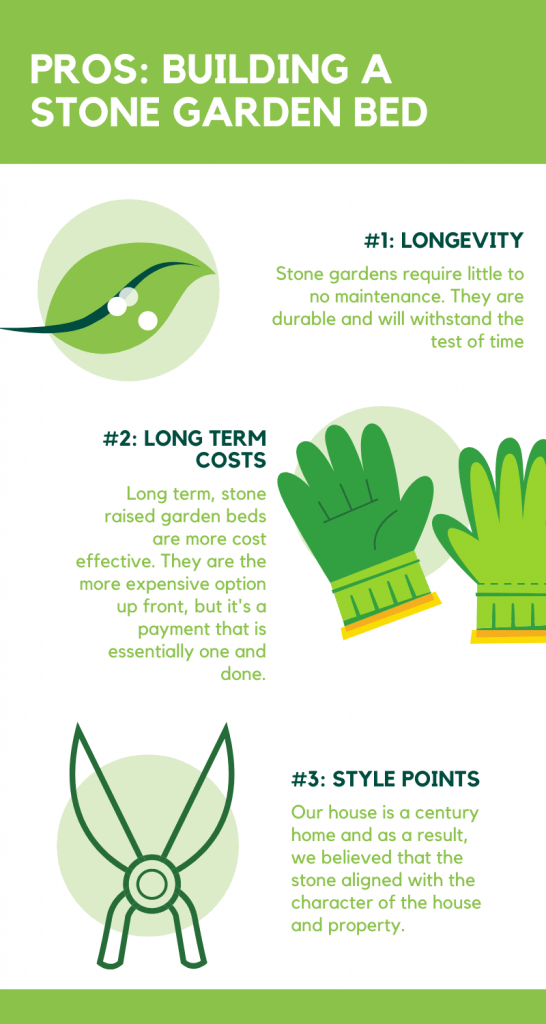
As this was our first year planting a garden of our own, we started with a few staples:
- 6 different tomato varieties
- 2 squash varieties
- 2 zucchini varieties
- 3 potato varieties
- 2 onion varieties
- Cauliflower
- What we thought was Broccoli but ended up being a bean plant
- 5 varieties of peppers (mostly spicy!)
- Several herbs including yarrow, english mint, thai basil, basil, italian parsley
- Carrots
- Radishes
- 5 different varieties of lettuce
All of this was able to fit into our raised garden beds and several planter pots. We were unable to dig out the in-ground garden bed this year so I foresee next summer being filled with more root vegetables and herbs. I also hope to plant more fruit trees on the property. There is nothing sweeter than picking cherries ripe off the tree. All in good time 🙂 .
Follow along with our first year garden progress on my Instagram page.
Obstacles During The Project:
I honestly don’t know what I would have done without Michael helping me every step of the way. We each had our roles defined based on our skill sets. I am a registered herbalist so naturally I was drawn to working with the plants.
Michael being a carpenter and tradesperson, gravitated towards the logistics of the build itself. Together we make one power team if I do say so myself!
However seamless this build may have appeared on camera, there were definitely obstacles and bumps in the road along the way. For one thing, partners working together always makes for an interesting time.
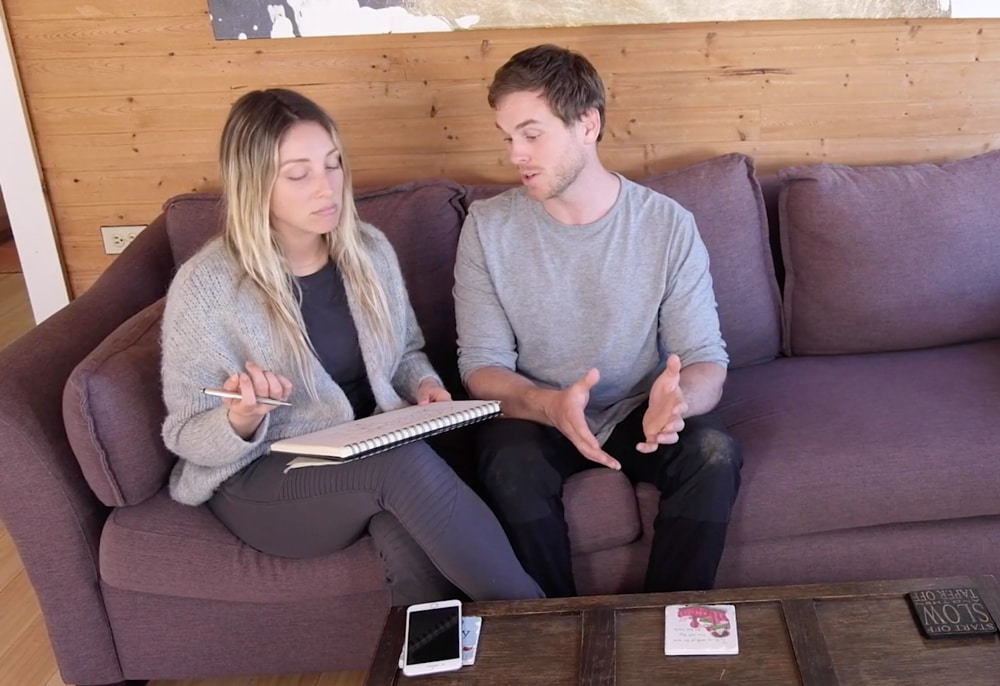
Communication, no matter how hard one tries, is inevitably a provocative beast to work with.
Ideas clashed, heads were bumped, and it got messy at times. We look back and laugh now because the answer was always so clearly staring right back at us… the answer being mine … because I was right… but that’s neither here nor there.
The best tips I can give someone now that I have gone through the process is this: have a clearly drawn set of plans outlining what you want your garden to look like. This creates the overall vision for your project and allows your team to be on the same page as you. It also creates a foundation to build from. Mind you, it’s important to be open to changes and adjustments based on real life curveballs. Projects can change on the fly, so you have to be ready to adapt!
Watch our series on YouTube:
